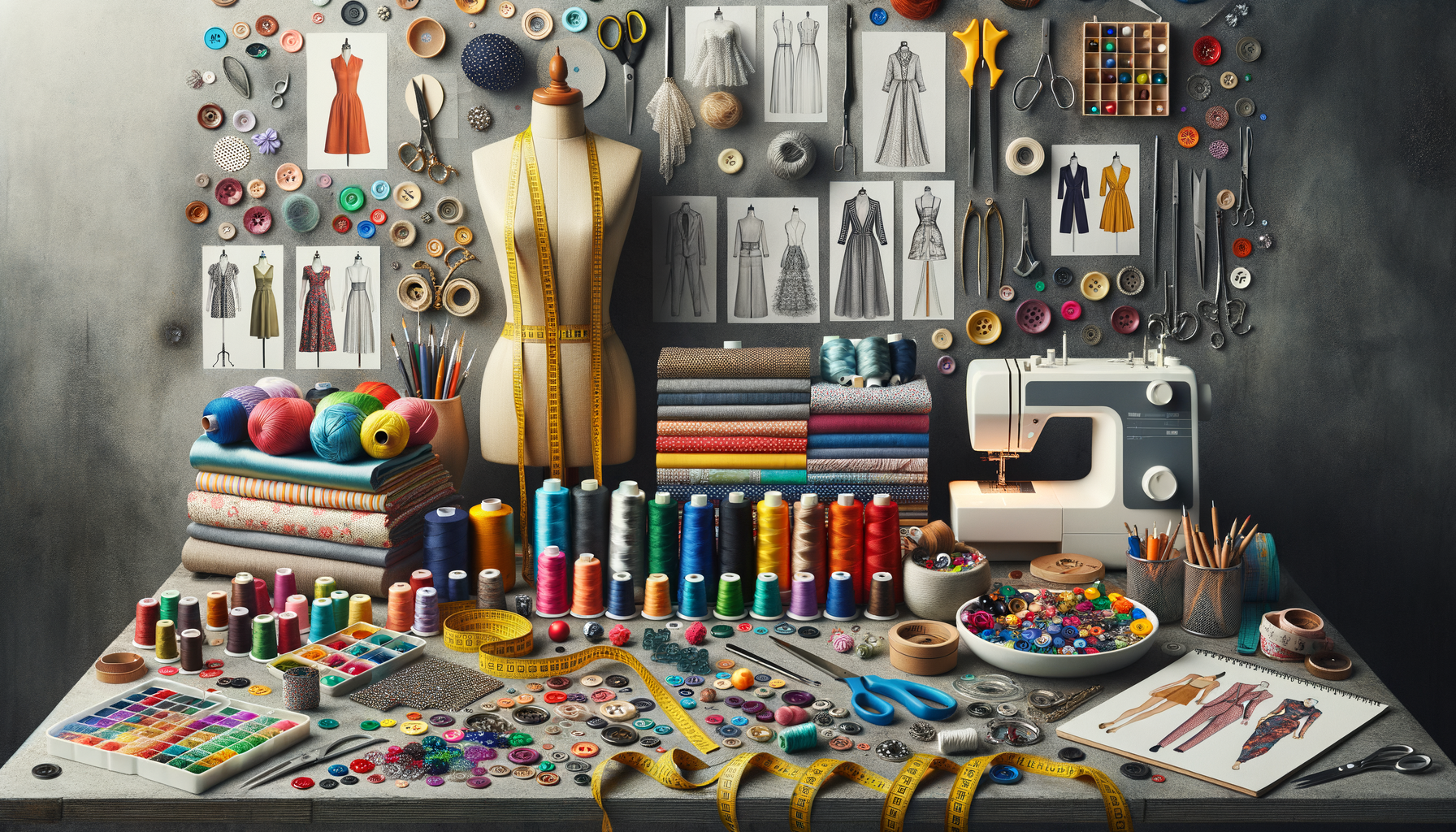
Build Your Future in Fashion: Start Designing Today in the USA
Exploring the World of Fashion Design Education
Fashion design courses offer a gateway into the vibrant world of style and creativity. For those with a keen eye for design and a passion for textiles, these courses provide an essential foundation. In the United States, fashion design education is structured to nurture creativity while imparting the technical skills necessary for success in the industry. Courses typically cover a range of topics, including textile selection, garment construction, and fashion illustration.
Students can expect to learn about the fashion industry’s history, gaining insights into how fashion trends evolve. This knowledge is vital for any aspiring designer, as understanding past and present trends helps in predicting future styles. Many programs also emphasize the importance of sustainability in fashion, a growing concern in today’s environmentally conscious world.
Fashion design courses are available at various levels, from certificate programs to bachelor’s degrees. Each level offers unique benefits. Certificate programs are often shorter and focus on specific skills, while bachelor’s degrees provide a comprehensive education that includes business and marketing aspects of fashion. This variety allows students to choose a path that best fits their career goals.
Key Components of Fashion Design Courses
Fashion design courses are meticulously structured to cover all aspects of the industry. Key components of these courses include:
- Sketching and Illustration: Students learn to translate their ideas onto paper, a crucial skill for any designer.
- Pattern Making: This involves creating templates for garments, an essential step in the design process.
- Textile Studies: Understanding different fabrics and their properties is vital for creating durable and stylish clothing.
In addition to these technical skills, courses often include training in digital design software. With the fashion industry increasingly relying on technology, proficiency in software like Adobe Illustrator and CAD programs is indispensable.
Furthermore, many programs offer internships or project-based learning opportunities. These experiences provide students with real-world exposure, allowing them to apply their skills in a professional setting. Networking opportunities with industry professionals are also a significant advantage, helping students build connections that can lead to future employment.
Career Opportunities and Industry Insights
Upon completing a fashion design course, graduates can explore various career paths within the industry. Some may choose to become fashion designers, creating original clothing, accessories, or footwear. Others might pursue roles as fashion illustrators, pattern makers, or textile designers. The skills acquired during their education also open doors to positions in fashion marketing, merchandising, and production management.
The fashion industry is highly competitive, but it also offers rewarding opportunities for those with talent and determination. According to the U.S. Bureau of Labor Statistics, fashion designers earn a median annual wage that reflects their specialized skills and expertise. Additionally, the industry’s dynamic nature ensures that no two days are the same, providing a stimulating work environment.
Staying updated with current trends and continuously honing one’s skills are essential for success in fashion design. Professional development courses and workshops can help designers stay ahead in this fast-paced industry. The ability to adapt to changing consumer preferences and technological advancements is crucial.
Conclusion: Embarking on a Fashion Design Journey
Fashion design courses offer a comprehensive education that equips students with the skills and knowledge needed to thrive in the fashion industry. Whether through a certificate program or a bachelor’s degree, these courses provide a solid foundation for a successful career. By embracing creativity and staying informed about industry trends, aspiring designers can make their mark in the world of fashion.
For those passionate about style and innovation, the journey through fashion design education is both challenging and rewarding. The skills acquired not only open doors to various career opportunities but also allow individuals to express their creativity in unique and impactful ways.


